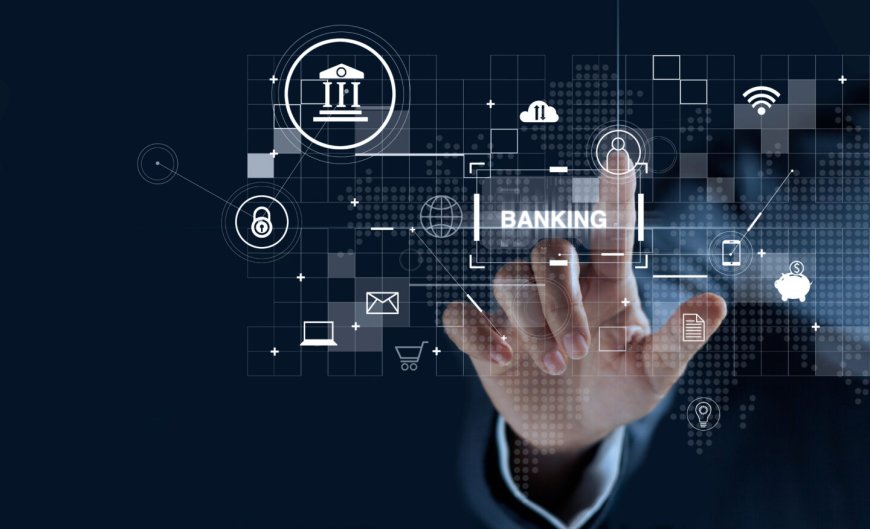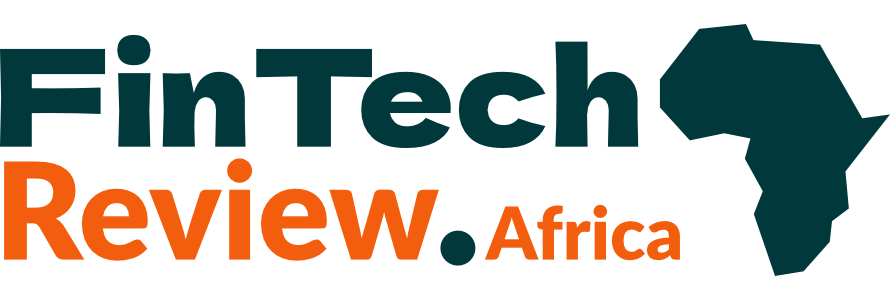Decentralized Finance (DeFi) Platforms Driving African Financial Systems

Decentralized Finance (DeFi) platforms are rapidly emerging as transformative forces within the African financial landscape. These platforms, built on blockchain technology, offer a compelling alternative to traditional financial systems, promising increased accessibility, transparency, and efficiency. This essay will explore the potential of DeFi in Africa, highlighting its benefits, challenges, and the evolving ecosystem.
One of the most significant advantages of DeFi in Africa is its potential to address financial inclusion. Traditional banking systems often exclude a large segment of the population due to factors such as lack of credit history, high fees, and geographical limitations. DeFi platforms, in contrast, offer services such as lending, borrowing, and trading through decentralized applications (dApps), accessible to anyone with an internet connection. This democratization of finance can empower individuals and small businesses, fostering economic growth and reducing poverty.
Transparency is another key benefit of DeFi. Transactions on blockchain are immutable and publicly auditable, reducing the risk of corruption and fraud. This transparency can build trust in financial systems, which is particularly important in regions where confidence in traditional institutions is low. Furthermore, the use of smart contracts automates processes, eliminating the need for intermediaries and reducing operational costs.
The efficiency of DeFi platforms also presents a significant advantage. Traditional financial transactions often involve lengthy processing times and high fees. DeFi platforms, on the other hand, can facilitate near-instantaneous transactions with lower fees, making them more attractive for cross-border payments and remittances, which are crucial for many African economies.
However, the adoption of DeFi in Africa is not without its challenges. One major obstacle is the lack of regulatory clarity. Many African countries are still grappling with how to regulate cryptocurrencies and DeFi platforms. This uncertainty can deter investment and hinder the growth of the ecosystem. Clear and well-defined regulations are needed to provide a safe and supportive environment for DeFi innovation.
Another challenge is the limited internet access and digital literacy in some parts of Africa. While mobile phone penetration is high, access to reliable internet connectivity remains a barrier. Furthermore, many people lack the knowledge and skills to navigate DeFi platforms and understand the risks involved. Bridging this digital divide is essential for ensuring that the benefits of DeFi are accessible to all.
Security is also a concern. DeFi platforms are vulnerable to hacks and exploits, which can result in the loss of funds. Robust security measures and user education are crucial for protecting users from these risks. Additionally, the volatility of cryptocurrencies can pose a challenge for DeFi platforms that rely on them as collateral.
Despite these challenges, the DeFi ecosystem in Africa is growing rapidly. Numerous startups are emerging, offering a range of services, including lending platforms, decentralized exchanges, and stablecoins. These platforms are tailored to the specific needs of the African market, addressing issues such as financial inclusion, cross-border payments, and access to credit.
Furthermore, partnerships between DeFi platforms and traditional financial institutions are beginning to emerge. These partnerships can help to bridge the gap between the traditional and decentralized financial worlds, accelerating the adoption of DeFi.
In conclusion, DeFi platforms have the potential to transform the African financial landscape, offering increased accessibility, transparency, and efficiency. While challenges such as regulatory uncertainty, limited internet access, and security risks remain, the growing DeFi ecosystem and the emergence of innovative solutions tailored to the African market suggest a bright future. As regulations become clearer, internet access improves, and user education increases, DeFi is poised to play a significant role in driving economic growth and financial inclusion in Africa.

 Francis
Francis 





